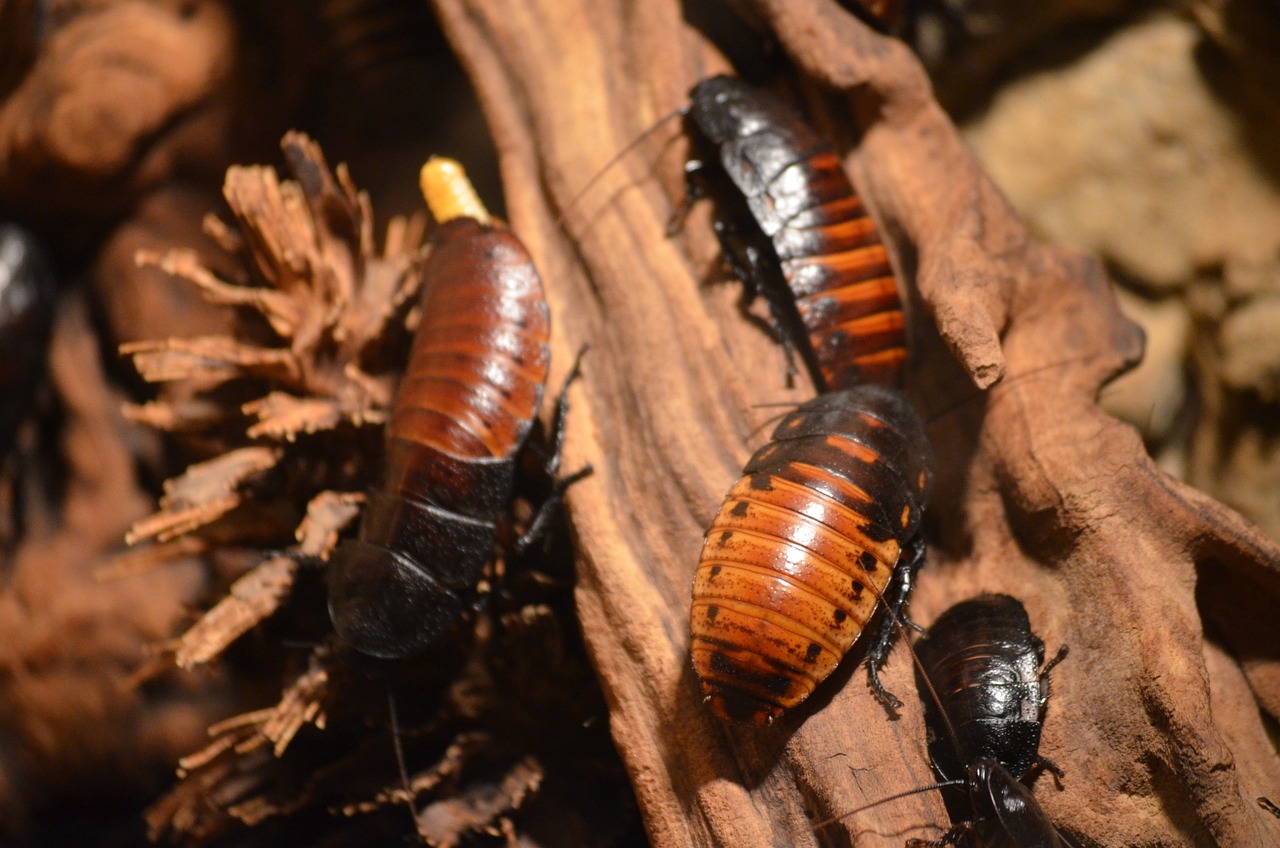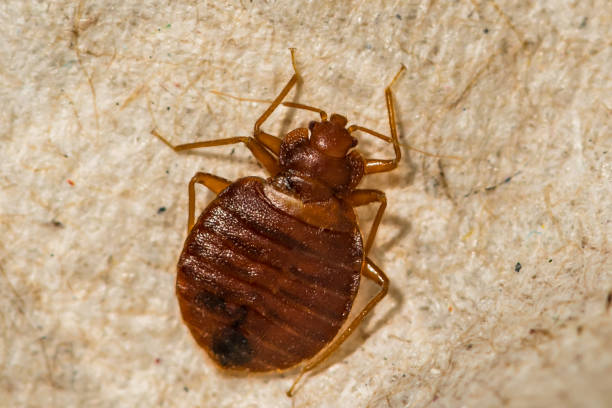How They Impact Your Health and Home
Cockroaches are among the most resilient and troublesome pests found in homes and businesses. These nocturnal insects thrive in warm, humid environments and multiply rapidly, making infestations difficult to control. Beyond being unsightly, cockroaches pose significant health risks and can cause extensive damage to your property. Understanding the dangers of a cockroach infestation is the first step toward effective prevention and treatment.
How Cockroaches Enter Your Home
Cockroaches are expert invaders, capable of sneaking into buildings through various entry points, including:
- Cracks and Gaps: Small openings in walls, windows, or doors serve as easy access points.
- Plumbing and Drains: Cockroaches can crawl through sewage systems and emerge in kitchens and bathrooms.
- Grocery Bags and Boxes: Infested packaging can bring cockroaches into your home unknowingly.
- Shared Walls in Apartments: In multi-unit buildings, cockroaches can travel between units through shared walls and vents.
Once inside, cockroaches seek out food, moisture, and shelter, making kitchens, bathrooms, and basements prime locations for infestations.
Health Risks Associated with Cockroach Infestations
Cockroaches aren’t just a nuisance—they are a serious health hazard. These pests are known to spread bacteria, trigger allergies, and contaminate food sources.
1. Disease Transmission
Cockroaches carry harmful pathogens that can cause illnesses such as:
- Salmonella and E. coli: These bacteria can lead to severe food poisoning, causing nausea, vomiting, and diarrhea.
- Dysentery: Cockroach-contaminated food and surfaces can spread dysentery, leading to stomach cramps and dehydration.
- Typhoid Fever: In rare cases, cockroach infestations have been linked to typhoid outbreaks, a serious bacterial infection.
2. Allergy and Asthma Triggers
Cockroach droppings, saliva, and shed skin contain proteins that act as allergens, particularly affecting children and those with respiratory conditions. Exposure can result in:
- Increased Asthma Attacks: Cockroach allergens are a major trigger for asthma sufferers.
- Skin Rashes and Irritation: Contact with cockroach waste can cause allergic reactions in sensitive individuals.
- Chronic Sinus Problems: Long-term exposure can contribute to sinus infections and breathing difficulties.
3. Food and Surface Contamination
Cockroaches scavenge for food and leave behind bacteria as they crawl across countertops, dishes, and stored goods. Common contamination sources include:
- Leftover food on counters
- Unsealed pantry items
- Dishes left in the sink overnight
- Pet food left out for extended periods
Consuming food contaminated by cockroaches increases the risk of gastrointestinal illnesses.
How Cockroaches Damage Your Home
Beyond health risks, cockroach infestations can cause structural damage and unpleasant living conditions.
1. Damage to Electronics and Wiring
Cockroaches are attracted to warm, dark spaces like electrical appliances. They can:
- Short-circuit devices by nesting inside electronics
- Chew on wiring, increasing the risk of electrical fires
- Cause malfunctions in refrigerators, microwaves, and computers
2. Foul Odors and Unhygienic Conditions
Cockroach infestations are often accompanied by a musty, unpleasant odor caused by their pheromones and waste. This odor can:
- Linger in fabrics, carpets, and furniture
- Make food taste and smell bad
- Indicate a severe infestation that requires immediate treatment
3. Structural Damage
Large infestations can damage household materials by:
- Eating through wallpaper and book bindings
- Contaminating fabrics and clothing with droppings
- Weakening wooden structures by nesting inside walls and furniture
How to Prevent Cockroach Infestations
While cockroaches are difficult to eliminate once they invade, prevention is key. Here are steps to protect your home:
1. Maintain Proper Hygiene
- Keep your kitchen clean: Wipe down surfaces, sweep floors, and store food in sealed containers.
- Dispose of garbage regularly: A full trash bin attracts cockroaches and other pests.
- Eliminate clutter: Cardboard boxes, old newspapers, and unused items provide hiding spots.
2. Seal Entry Points
- Fix cracks and gaps: Use caulk to seal openings around windows, doors, and pipes.
- Install door sweeps: Prevent cockroaches from crawling under doors.
- Repair leaks: Moisture attracts cockroaches, so fix dripping faucets and pipes.
3. Use Natural and Chemical Deterrents
- Boric acid and diatomaceous earth: These powders can help kill cockroaches.
- Essential oils: Peppermint and lavender oils act as natural repellents.
- Professional-grade insecticides: Effective for severe infestations.
When to Call a Professional Exterminator
While DIY methods can help, a severe cockroach infestation requires expert treatment. Consider calling a pest control professional if:
- You see cockroaches during the day—this signals a large infestation.
- Home remedies and store-bought treatments aren’t working.
- You notice persistent droppings, eggs, or a musty odor.
- Family members are experiencing allergy or asthma flare-ups.
How AM Environ Can Help You Get Rid of Cockroaches
At AM Environ, we offer:
- Thorough inspections to locate nests and entry points.
- Safe and eco-friendly treatments tailored to your home.
- Long-term prevention plans to keep cockroaches away for good.
- Fast and reliable service to restore your home’s safety and hygiene.
Book a Consultation Today
Don’t let cockroaches take over your home and health. Our expert pest control services ensure effective cockroach elimination and long-term prevention. Book a consultation with AM Environ today and enjoy a pest-free home!


